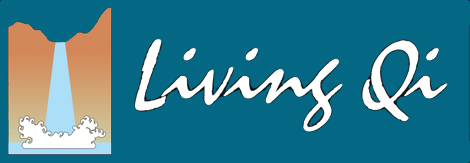Homeopathy is a medical art and science that was discovered by Samuel Hahnemann in the late 1700s. One of the main healing postulates of homeopathy is that “like cures like.” In other words: if a substance can produce a set of symptoms in a healthy individual, then that same substance can cure an individual when sick with those same symptoms. Hahnemann discovered this postulate by observing that cinchona bark caused malaria-like symptoms in the body of a healthy person. He later discovered that cinchona bark could cure actual cases of malaria. The bark of trees in this genus is the source of a variety of alkaloids, the most familiar of which is quinine, an anti-fever agent especially useful in treating malaria.
But homeopathy was not using the individual active constituents from the cinchona bark. Hahnemann discovered that he could take a substance and dilute it until there were no molecules of the substance in the dilution. These highly diluted substances were then used to trigger the healing process in sick individuals. For example, someone suffering from an insomnia pattern that has symptoms that resemble a healthy person who cannot sleep because they drank too much coffee, might be prescribed coffee as a remedy to treat their insomnia.
Though the Chinese people have a long history of energetic medicine in the from of TCM (traditional Chinese medicine), acupuncture and energy cultivation exercises like tai chi and qigong, homeopathy is not currently practiced in China. However, in the early 1900s there was an American missionary, Dr. Emma J. Betow, who ran a homeopathic hospital in Shanghai, China. Dr. Betow apparently reported that the Chinese people loved homeopathy. I suspect that homeopathy was loved by the Chinese because most Chinese of the time were aware of the energetic theories of their own medicine. In the 1930s and during World War II, four more homeopathic hospitals were set up in China and a German Jewish refugee and homeopath, Dr. Galitzer, spent the World War II years in Shanghai treating Chinese with homeopathy.
It makes sense that a cheap, effective medicine like homeopathy would be embraced in China, but it is up to the SFDA, which is the Chinese version of the FDA to regulate the medicine. It is likely that a University in China would have to set up clinical trials and then seeek approval of the medicines with the SFDA. It is my contention that if Chinese SFDA authorities could see the German and American regulation and approval of homeopathy, then this would be a bis step towards granting access to the Chinese.
Homeopathy may indeed have a bright future in China, but much work needs to be done to find out how this energetic medicine might be regulated. it makes good sense to teach homeopathy alongside TCM, because both TCM and homeopathy share an energetic theoretical basis.
Our company, Living Qi, is planning on launching our homeopathic remedy line this year and we are seeking distributors in China. If you are interested in helping to get homeopathy into China, you can contact me here:
https://living-qi.com/contact/
©James Whittle, All Rights Reserved, 2009.
